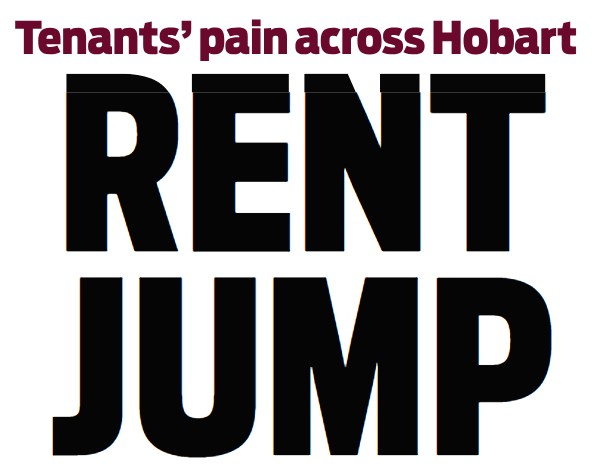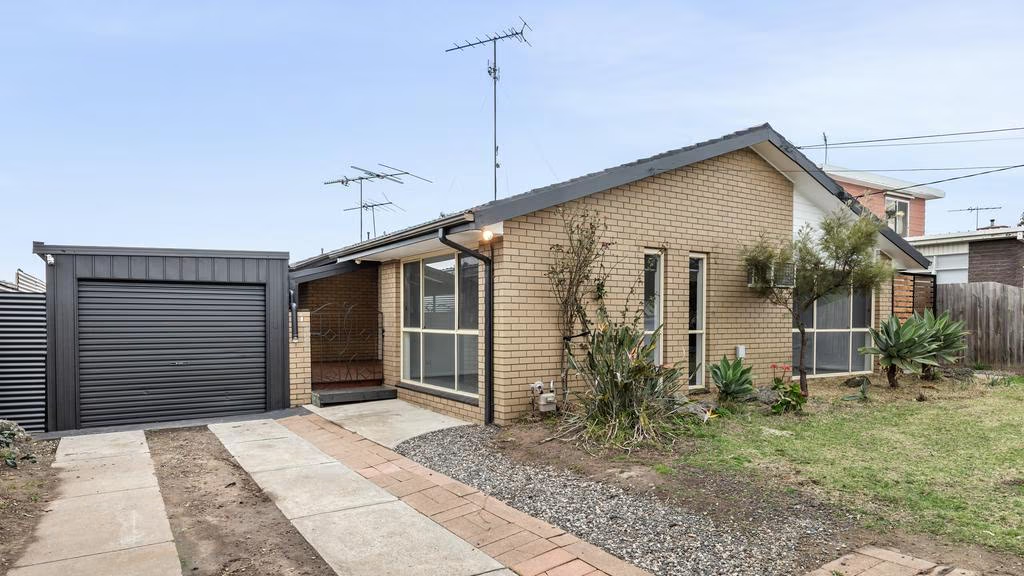Landlords exit market in droves sparking ‘severe’ warning for Aussie renters: ‘Gone too far’
Sep 2025PIPA Admin
Categories
Location ReportsMedia releasesNational market updatesPersonal advisersPIPA AdviserPIPA Annual Investor Sentiment SurveysPIPA Member ProfilesPIPA video updatesPIPA webinarsPodcastsProperty advisersProperty newsUncategorisedLatest Articles
The 10 “hottest” property markets around the nation revealed
TEA TREE GULLY : North Eastern Suburbs of Adelaide
Safeguarding Property Businesses Against Cyber Threats
Young purchasers sidelined as key buyer group returns to market
More landlords are selling up and exiting the sector, as rising holding and compliance costs, increased government charges, and tax reform uncertainty weigh. Investor groups have warned the sell-off could have “severe” consequences for renters.
Victorian landlord Andrew Hay sold his investment property in Melbourne’s Black Rock in May this year. The 35-year-old builder told Yahoo Finance there were a few factors that led to the sale of the two-bedroom villa.
“It was mainly because of the tax settings, both state and federally, the uncertainty around where they’re going to go next,” Hay said. “It was mainly because of the tax settings, both state and federally, the uncertainty around where they’re going to go next,” Hay said.Hay bought the property in 2019 and had lived there for a few years before turning it into an investment property.
Before the sale, it was being rented out to tenants for $600 per week.
Hay said he had “really good tenants” and was sad to have to end their lease, but the reality was he couldn’t justify the costs of continuing to hold the property and he felt the timing was right to sell.
“I had to make a decision. Otherwise, I was going to probably default on my loan or whatever else, and I was going to be forced to sell, which I didn’t want to be in a position to do,” he said.
‘Acceleration’: Growing number of landlords selling up
New research by the Property Investment Professionals of Australia (PIPA) found 16.7 per cent of investors had sold at least one property in the past year, up from 14.1 per cent in 2024 and 12.1 per cent in 2023.
Reducing overall debt exposure was the main reason for selling (41.7 per cent), followed by rising holding and compliance costs (40.4 per cent), and increased land tax and government costs (32.9 per cent).
PIPA Chair Lachlan Vidler said it wasn’t just a continuation of last year’s trend, but rather an “acceleration”.
“We’re seeing a growing number of long-term investors walking away, and the implications for renters are severe,” he said.
“The private rental market is losing stock at a time when demand is surging, and policy uncertainty is only making things worse.”
Victoria was ranked the worst state for property investors, followed by the ACT and NSW. ((Source: PIPA))
Vidler warned tenants would pay the price through “rising rents and reduced availability”.
The survey found only 42 per cent of sold properties remained in the rental pool, with 37 per cent purchased by owner-occupiers and 25 per cent by first-home buyers.
Vidler said Victoria continued to see elevated levels of investor sales due to a combination of rising land tax, new vacancy levies and ongoing tenancy reforms.
“Many investors are simply deciding it’s no longer worth the risk or the cost to hold property in the state,” he said.
Victoria lost more than 24,000 rentals during 2024, according to active rental bond data, dropping from 674,462 in December 2023 to 649,978 in December 2024.
Costs for landlord go ‘through the roof’
Hay owns four other residential investment properties in Victoria, two of which are short-stay accommodations and are subject to the 7.5 per cent “Airbnb tax”.
He said the Black Rock property was the “first one off the rank”, and he would consider selling another property and reinvesting in another state instead.
The Victorian government changed land tax thresholds at the start of last year, with Hay noting the fee had doubled for some of his properties, with the Black Rock property going from about $700 to $1,500.
Hay said the cost of repairs and maintenance had also gone “through the roof” since the pandemic.
“The cost of that against the extra land tax, the extra compliance cost, interest rates which maybe might not drop too much lower,” he said.
“They just skyrocketed and while they’ve dropped slightly, it’s really not much to make too much of a difference on home loans.”
Hay said none of his properties were currently positively geared since the Reserve Bank’s interest rate increases, and he was absorbing the extra costs himself.
Hay expects more landlords will continue to exit Victoria in the short term.
“I think our current tax settings and compliance settings in Victoria alone don’t make it justifiable with the cost of property at the moment,” he said.
This article originally appeared on Yahoo Finance AU at
Source: www.msn.com/en-au/money/homeandproperty
Originally Published : Tamika Seeto | msn.com/en-au | 17 September 2025
“Licensed by Copyright Agency. You must not copy this work without permission.”




